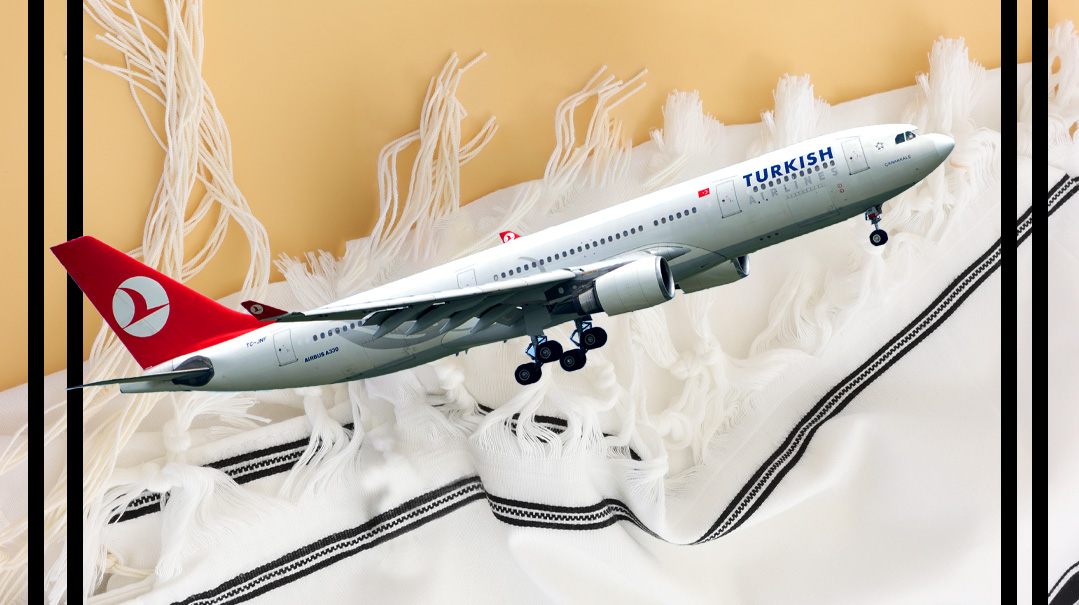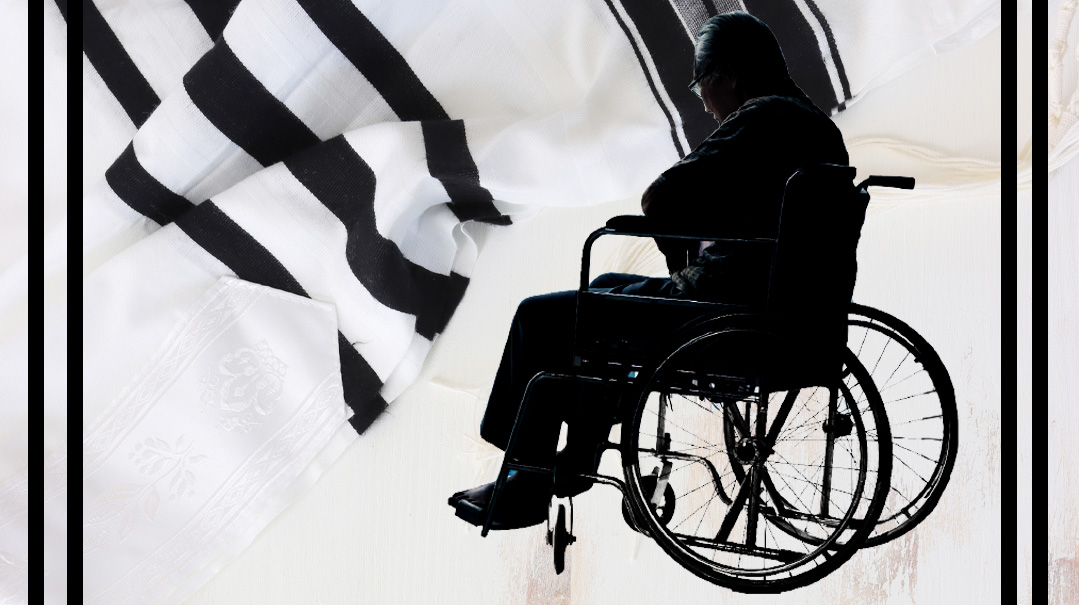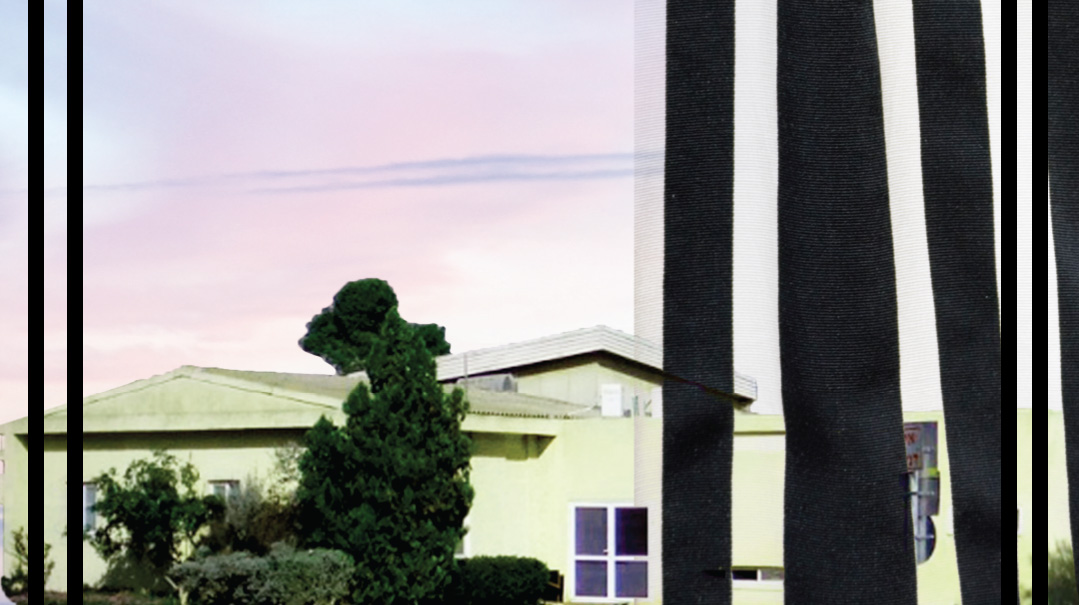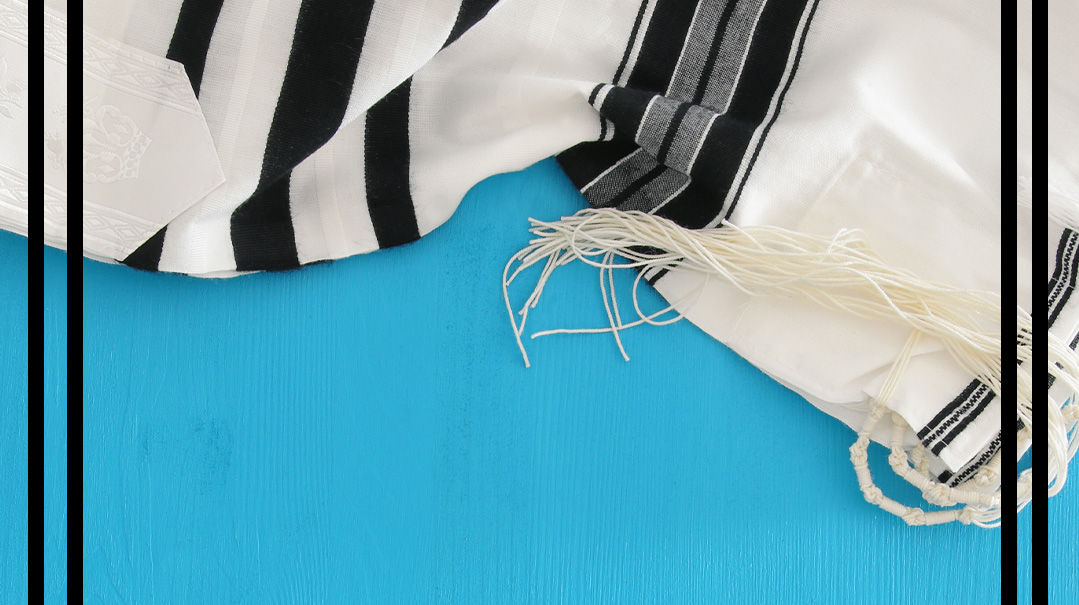A Hotel in Savannah, Georgia: Yom Kippur 5777
| September 28, 2022One should never delay a burial, but my father’s wishes had been clear

T
he hurricane struck, and we felt paralyzed.
Only days earlier, we’d spent an incredibly emotional Rosh Hashanah at my parents’ home, gathered around my father’s hospice bed. He had mustered up the strength to come to one of the Yom Tov meals, sitting thoughtfully at the head of the table he once commanded. We sang and laughed, shared stories, and cried. We desperately tried to create just a few more memories as we cherished those last precious moments.
Yom Tov ended, and my parents insisted that we go back to our families to give our own children some semblance of routine during this tumultuous time. Hesitantly, we kissed our father goodbye and told him we’d be back soon.
Just moments before Shabbos Shuvah began, with my siblings and I dispersed around the country, my father’s neshamah left This World. We sat alone in our respective homes and tried to process our loss. It was an unbearable Shabbos — 25 hours of confusion, shock, and isolation. Early Sunday morning, we traveled back to my hometown for the levayah.
But there was a problem.
My father had left very specific instructions. He wanted to be buried alongside his parents, grandparents, and extended family in Savannah, Georgia, where he’d grown up. Savannah, though, was being pummeled by storms as Hurricane Matthew tore through the Southern states.
The city was flooded and without power in most areas. The Jewish cemetery had been forced to close due to major flooding, fallen trees, and toppled powerlines. All flights into Savannah and surrounding cities were canceled indefinitely, and even if we did manage to get there, there was no place to stay as all hotels were closed.
What were we supposed to do? One should never delay a burial, but my father’s wishes had been clear. After consulting with our rav, we were advised to continue calling the cemetery, local rabbanim, the chevra kaddisha, the local authorities, and the airlines in hopes of getting clearance to travel to Savannah and bury him.
It was an impossible 48 hours. We were on the phone around the clock, trying to obtain special travel permits and begging the cemetery to open for us and clear the path to our family burial plot. With siyata d’Shmaya, and the help of countless individuals, we secured seats on the lone flight into Savannah late Monday night, and were granted approval to open the cemetery for the kevurah for an hour on Tuesday, which was Erev Yom Kippur.
We clearly had no choice but to spend Yom Kippur in Savannah, but at that moment, I didn’t have the bandwidth to think about what that entailed.
My father was buried on Tuesday morning, just hours before Yom Kippur, surrounded by my mom, his children, and many of our relatives. We sat shivah in my uncle’s home and were comforted by whomever lived near enough to drive to the shivah house. Most of the visitors had known my father many years earlier but didn’t know us.
After around two and a half hours, we were told to get up from shivah and prepare for Yom Tov. That would mark the end of shivah for us, but I wasn’t ready: I hadn’t had enough time or space to process my grief.
We headed to one of the few local hotels that had a generator and attempted to prepare for the most important holiday on the Jewish calendar. Due to the hurricane, the eiruv was down, and that meant there was no way I could leave the hotel with my two-year-old and nine-month-old sons.
What would I feed them? How could I entertain them? How was I supposed to connect to Yom Kippur with such a multitude of emotions and worries pounding me?
As I slowly began to admit defeat, there was a knock on my hotel room door. One of the local families had sent over a bucket of their toys for my kids to borrow. How incredibly thoughtful! The boys were thrilled. A moment later, my cousin walked in with bags of snacks and kid-friendly food. She’d even picked up an extra pacifier and baby bottle in case I was missing ours. I hugged her with the deepest gratitude.
My uncle then called to let me know that he’d arranged for his daughter’s former nanny to babysit my boys at the hotel the next day so I could attend shul. He knew I needed to daven. He knew I needed a moment of connection. I was so grateful. Mi k’amcha Yisrael.
We prepared for Yom Tov to the best of our ability and then gathered into a cramped hotel conference room to have our seudah, prepared by the local caterer. I looked around. My father’s absence was palpable, but in that little conference room in Savannah, with all our relatives squeezed together, I could feel him there with us.
As I davened that Yom Kippur, both in the tiny hotel room surrounded by the precious squeals of my children, and in the magnificent shul where my father had celebrated so many milestones, I cried. I cried for the loss of my favorite person in the world. I cried from physical exhaustion and emotional emptiness. I cried with gratitude for the countless individuals who held us up during the tumult.
At a time of year where we work so intentionally to reflect inward, I gained chizuk from the little miracles and chasadim that happened outward.
(Originally featured in Mishpacha, Issue 812)
Oops! We could not locate your form.





